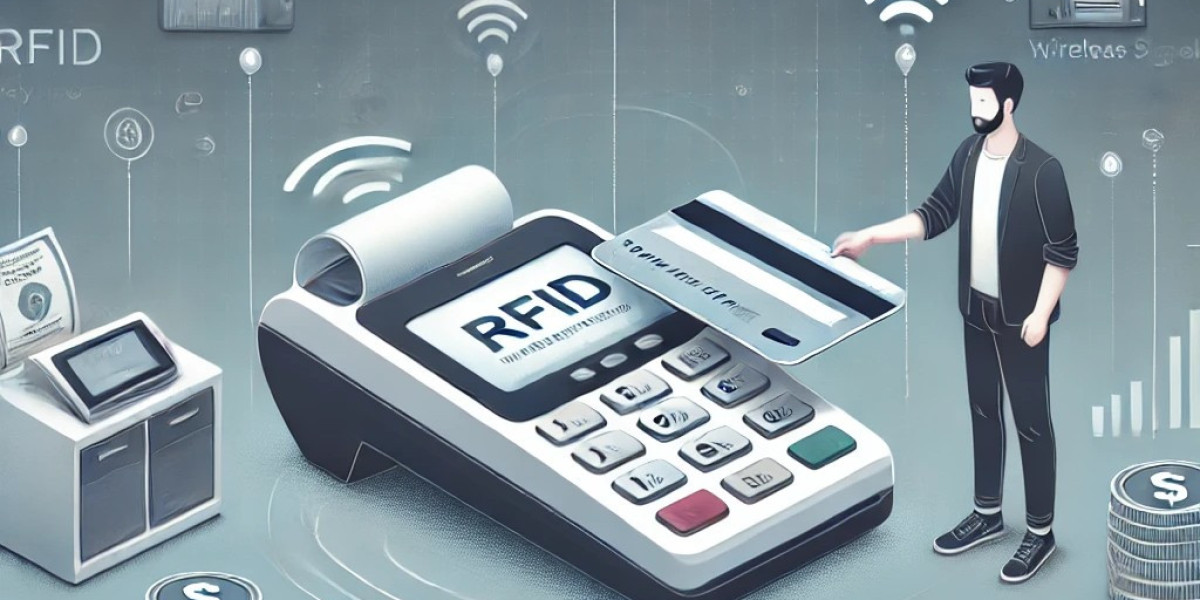In the rapidly evolving landscape of logistics, the integration of mobile terminals has become a pivotal factor in streamlining operations and enhancing overall efficiency. As global supply chains grow increasingly complex, the adoption of mobile technology offers unparalleled advantages in real-time data access, inventory management, and operational flexibility.
Real-Time Data Access and Decision Making
Mobile terminals empower logistics personnel with immediate access to critical data, facilitating informed decision-making processes. By utilizing devices equipped with advanced scanning capabilities and seamless connectivity, workers can monitor shipment statuses, track inventory levels, and manage delivery schedules in real time. This instantaneous data flow minimizes delays and ensures that all stakeholders are aligned with the current state of operations.
Optimized Inventory Management
Efficient inventory management is crucial for maintaining the balance between supply and demand. Mobile devices enable warehouse staff to perform accurate stock counts, monitor product locations, and update inventory records on-the-go. Technologies such as RFID and barcode scanning integrated into mobile terminals enhance the precision of inventory tracking, reducing discrepancies and ensuring optimal stock levels are maintained.
Enhanced Operational Flexibility
The deployment of mobile terminals introduces a level of flexibility that is essential in dynamic logistics environments. Workers equipped with rugged mobile devices can adapt to changing operational requirements swiftly, whether it's rerouting deliveries, adjusting to last-minute order changes, or managing unexpected disruptions. This adaptability leads to improved resource utilization and customer satisfaction.
Improved Communication and Collaboration
Seamless communication is vital in logistics operations. Mobile terminals facilitate instant communication between team members, departments, and external partners. Features such as push-to-talk, instant messaging, and video conferencing enable quick resolution of issues, collaborative problem-solving, and efficient coordination across the supply chain.
Case Study: Implementation of Mobile EDI Solutions
A notable example of mobile terminals enhancing logistics efficiency is the implementation of Mobile Electronic Data Interchange (EDI) solutions. By equipping personnel with mobile devices connected to a Mobile EDI system, companies have digitized their logistics processes, leading to greater reactivity, productivity, and traceability. Barcode and EAN scans via mobile terminals enable real-time inventory updates, order preparation, and delivery checks, significantly improving operational workflows.
The evolution of mobile terminals is paving the way for advanced tracking technologies in logistics. Devices that emit signals using cellular networks, Bluetooth, and RFID are being utilized to provide precise real-time tracking of packages in transit. This advancement addresses the limitations of traditional barcode scanning, offering enhanced visibility and management of shipments.
Conclusion
The integration of mobile terminals into logistics management systems is no longer a mere enhancement but a necessity for companies aiming to maintain competitiveness in today's fast-paced market. By providing real-time data access, optimizing inventory management, enhancing operational flexibility, and improving communication, mobile terminals play a crucial role in driving efficiency and effectiveness across the entire supply chain.



